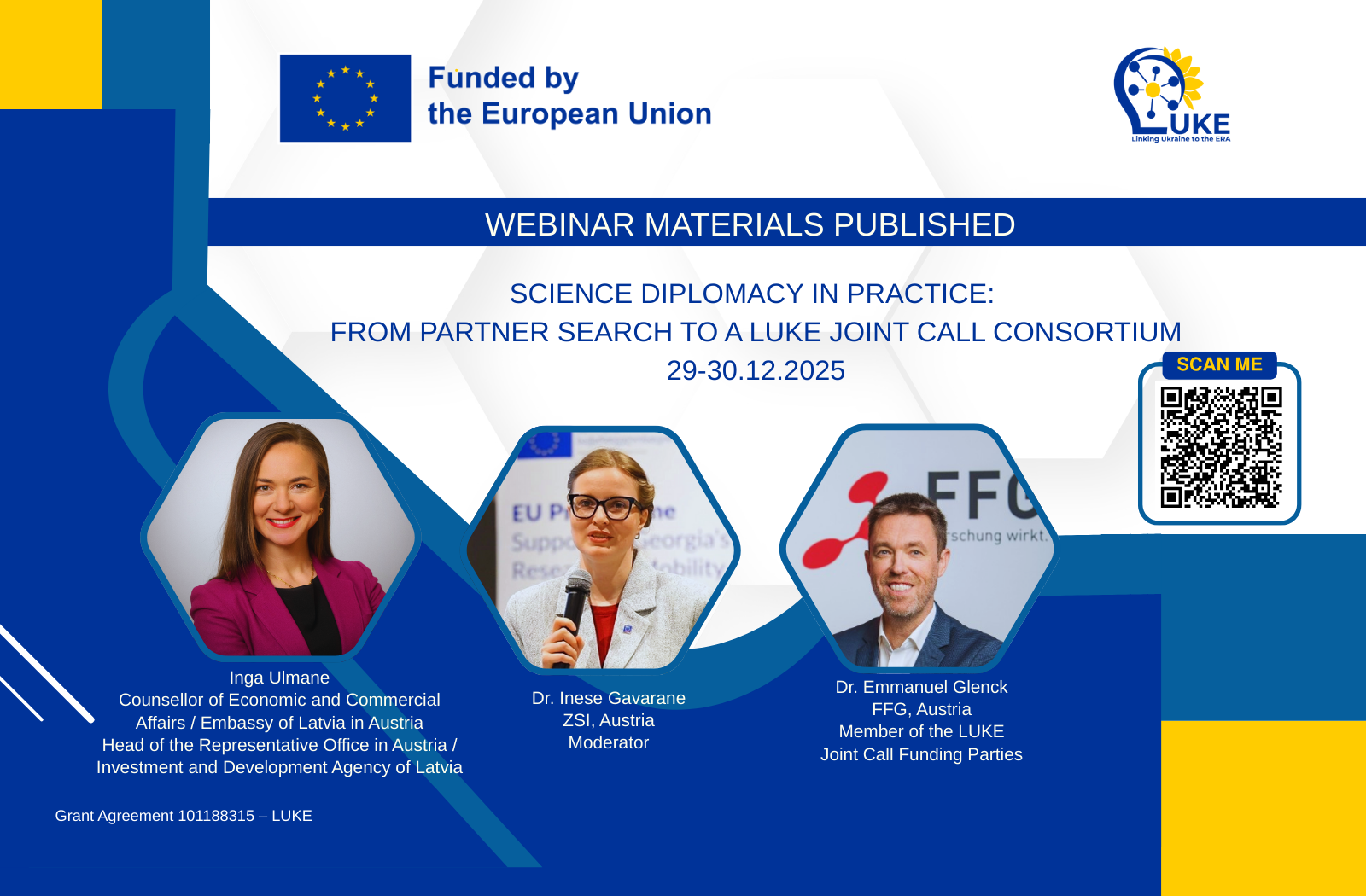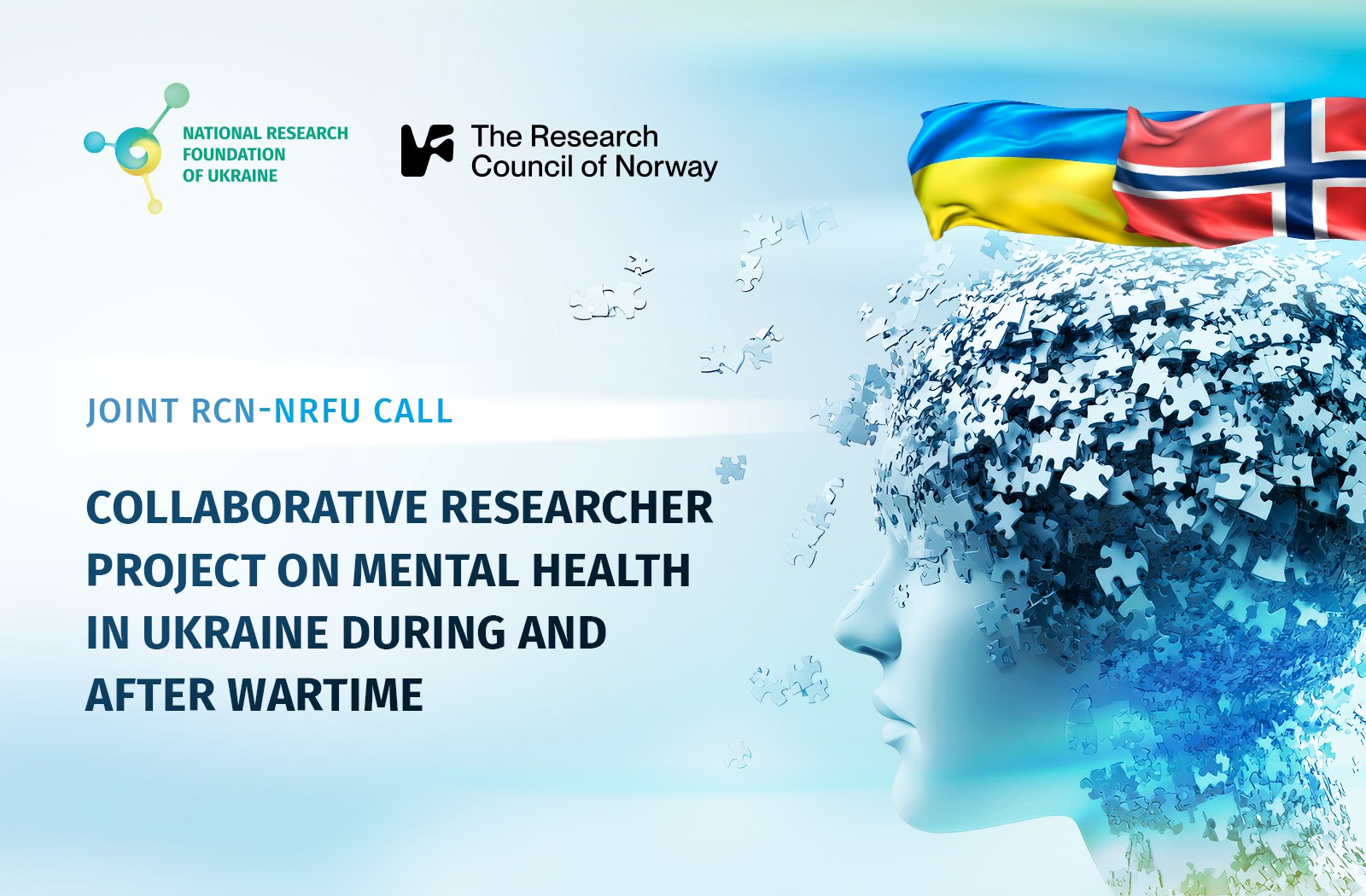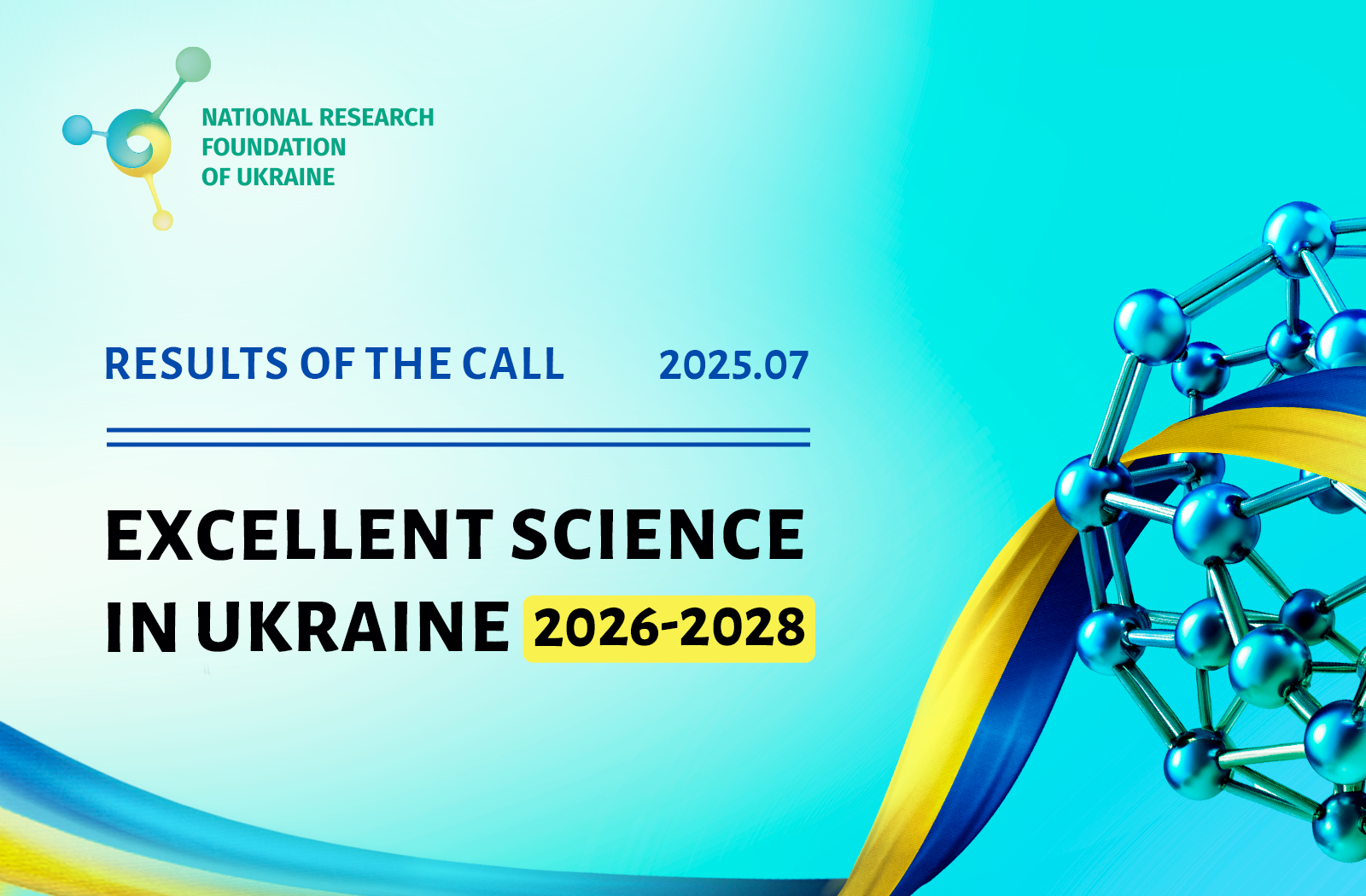Are you a scientist who wants to consolidate your independence by establishing a research team and continuing to develop a success career in Europe? The ERC Consolidator Grant could be for you. You can also apply if you have recently created an independent, excellent research team and want to strengthen it.
Who can apply?
Researchers of any nationality with 7-12 years of experience since completion of PhD (extensions are possible under certain circumstances — see the latest ERC Work Program), a scientific track record showing great promise, and an excellent research proposal.
Prospective applicants to the 2023 Starting and Consolidator Grant Calls should note that the ERC is aiming to change the PhD reference date for the calculation of the eligibility period from the date of the actual award according to the national rules of the country where the degree was awarded to the date of the successful PhD defense.
Whenever the PhD certificate does not show the PhD defence date, applicants should provide a written confirmation from the awarding institution stating the said date. This change will bring both clarity to the prospective candidates and significant simplification to the eligibility process.
What proposals are eligible?
Criteria
Applications can be made in any field of research.
The ERC’s grants operate on a “bottom-up” basis without predetermined priorities.
Location
Research must be conducted in a public or private research organization (known as a Host Institution, or HI). It could be the HI where the applicant already works, or any other HI located in one of the EU Member States or Associated Countries.
Host Institution
Applications for an ERC grant must be submitted by a single Principal Investigator (PI) in conjunction with and on behalf of their Host Institution, called the applicant legal entity.
Grants are awarded to the Host Institution with the explicit commitment that this institution offers appropriate conditions for the Principal Investigator independently to direct the research and manage its funding for the duration of the project.
Any type of legal entity, including universities, research centers and undertakings can host the PI and his/her team. Legally the Host Institution must be based in one of the EU Member States, or one of the Associated Countries.
The PI does not necessarily need to be working at the Host Institution at the time when the proposal is submitted. However, a mutual agreement and the Host Institution’s commitment on how the relationship will be established are necessary, should the proposal be successful.
Team
ERC grants support projects carried out by an individual researcher who can employ researchers of any nationality as team members. It is also possible to have one or more team members located in a non-European country.
Vacancies for team members interested in joining an ERC led research project, can be published on the EURAXESS Jobs portal.
Initiatives, under the form of “Implementing Arrangements” exist for ERC-funded teams in Europe to host non-European talented scientists. Find out more about the agreements.
UK’s participation in Horizon Europe
The UK is expected to become an associated country to the EU’s R&I Framework Program Horizon Europe. The UK will therefore have the same rights and obligations as other countries associated to the Program. Read more.
How much?
Consolidator Grants may be awarded up to €2 million for a period of five years (pro rata for projects of shorter duration).
However, an additional €1 million can be made available to cover eligible “start-up” costs for researchers moving from a third country to the EU or an associated country and/or the purchase of major equipment and/or access to large facilities and/or other major experimental and field work costs.
An ERC grant can cover up to 100% of the total eligible direct costs of the research plus a contribution of 25% of the total eligible costs towards indirect costs.
How to apply?
ERC grant applications can only be submitted in response to a Call for Proposals.
The ERC has yearly calls for proposals covering all scientific fields.
For an ERC grant application to be complete, it needs to include the administrative forms, the research proposal and the supplementary documents. The completed proposal needs to be submitted by the specified closing date.
Calls are published on this page, the European Commission’s Funding and Tenders Portal and in the Official Journal of the European Union.
MORE INFORMATION ON THE OFFICIAL WEBSITE: EURAXESS






